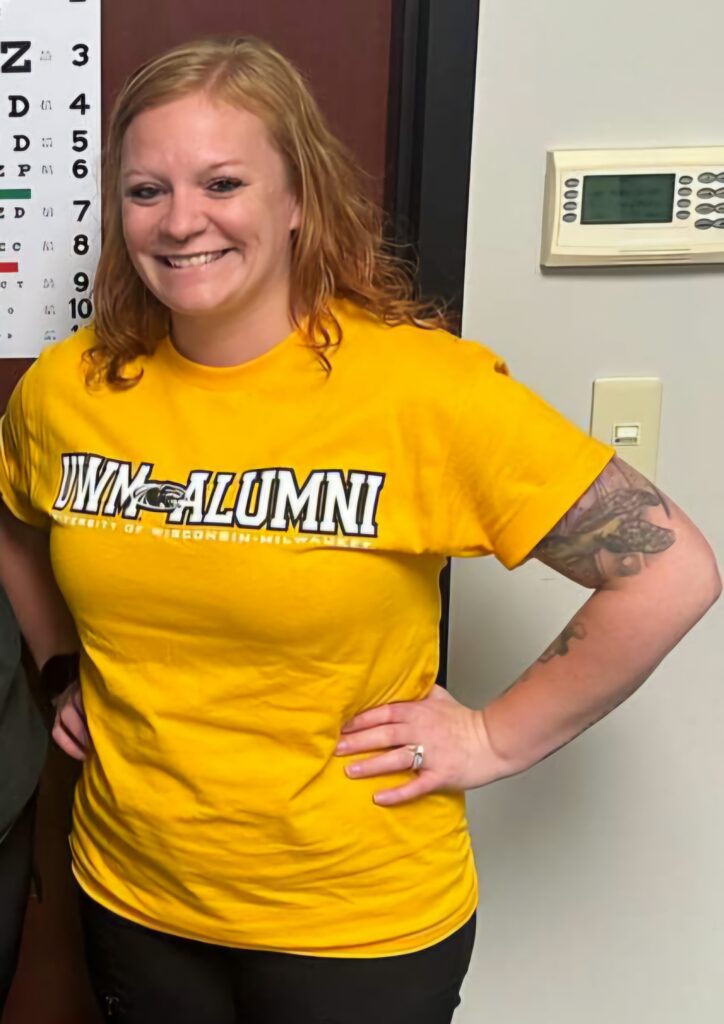If you’re looking for an opportunity to earn a six-figure salary right out of college and you enjoy helping others, now is a great time to pursue a career in nursing.
Nursing has been ranked No. 3 of the top 10 jobs in which Gen Z graduates have the potential to earn six-figure salaries. The ranking, released by ZipRecruiter, also listed nursing as one of the most “useful” majors for Gen Z.
Gen Z graduates expect to make $101,000 per year in their first job, according to the ZipRecruiter report. However, most grads make $68,000 out of school, the report estimates. In contrast, the 2024 median pay for registered nurses was $93,600 per year, according to the Bureau of Labor Statistics, with some states like Washington and California paying well over $100,000 per year.
In addition to stable pay, healthcare careers like nursing are also essentially AI-proof, according to a recent Fortune article. Industry experts anticipate that many U.S. businesses will experience significant disruption throughout the next decade – amounting to roughly “12 million occupational transitions” – due to AI in the workplace. Some roles, like administrative work and customer service, could be phased out, while jobs in healthcare will remain stable. For example, nurse practitioners are expected to be in serious demand through 2033, with an anticipated growth rate of 46% through the next decade.
One of the many benefits of becoming a nurse is the ability to specialize in different areas of healthcare and change roles or departments. Because there are so many job openings in nursing right now, you can easily move up to management and higher level nursing roles, in addition to different facilities or hospitals throughout the course of your career.
Some of the “happiest” or most rewarding nursing roles out there include pediatrics, oncology, and education, according to Nurse.org. Other specialties in which nurses report high job satisfaction include travel nursing, public health, and research.
Jill Saxton, a nurse and educator who started her career at the age of 18, encourages those interested in helping others to consider a career in nursing. One of the greatest things about nursing, according to Jill, is that there are so many job options and ways to make a difference, whether it’s in direct patient care or helping others learn the vocation of nursing.
Not all nursing jobs require working directly with patients – and you can move around to other positions since there are so many openings. There are also nurse management jobs, where you can “work for your workers” Jill says, helping with things like scheduling and administrative work.
“Even if you’re not doing the direct care, there’s so many ways that we can gain fulfillment in our career versus just going in and punching a clock 9 to 5. There are many jobs that don’t use medical skills.”
While there are a number of ways to enter the nursing field, if you’re interested in becoming a nurse, you may want to first consider earning your associate degree in nursing (ADN), through a two year nursing program. From there, you can enroll in the UW-Milwaukee RN-to-BSN bachelor’s degree through UW Flexible Option, which is 100 percent online and can be completed at your own pace. Students with an ADN will be awarded a minimum of 60 credits toward their bachelor’s degree. Hospitals and healthcare facilities prefer to hire nurses with bachelor’s degrees, as data has shown higher levels of education have been proven to lower patient mortality, improve patient outcomes, and better tackle the growing complexities of healthcare. Having a bachelor’s degree in nursing will also lay the foundation should you choose to pursue a graduate nursing degree as your career progresses.
For more information about UW Flexible Option, contact an enrollment adviser.


